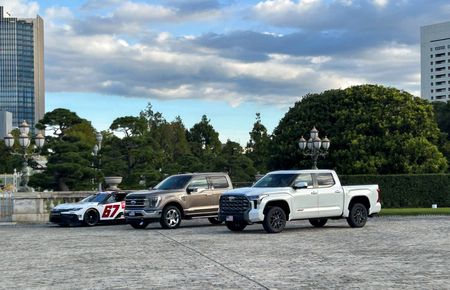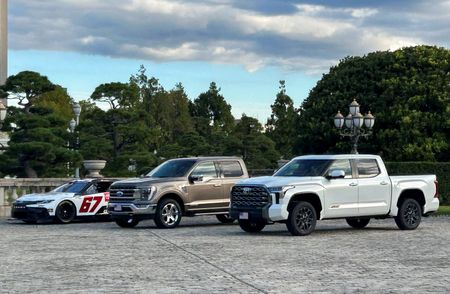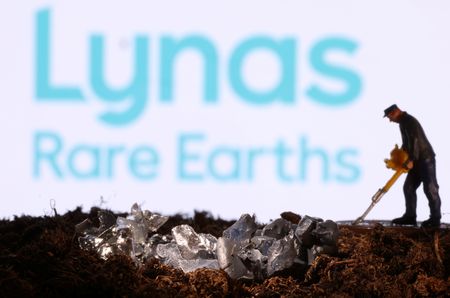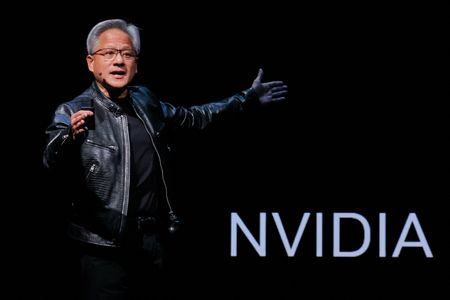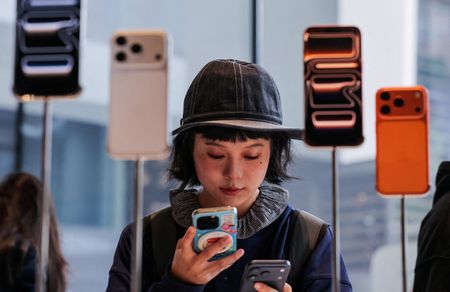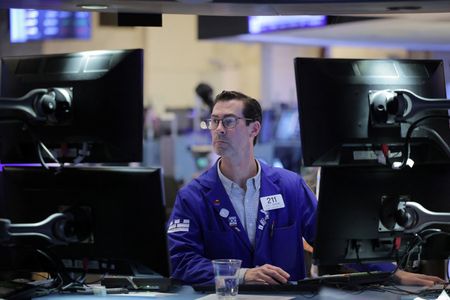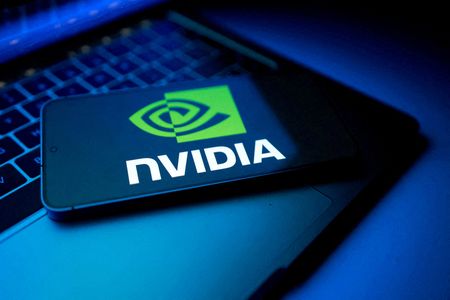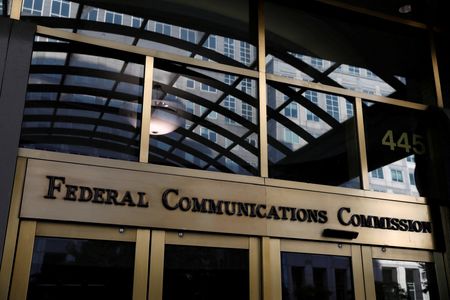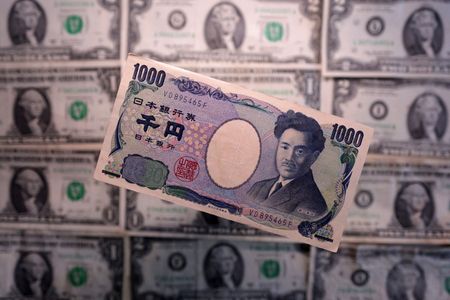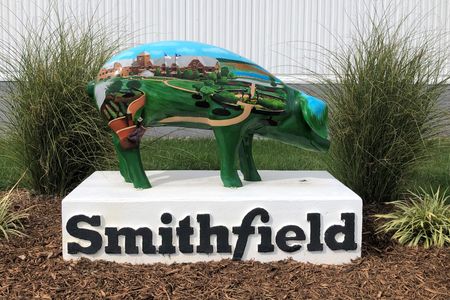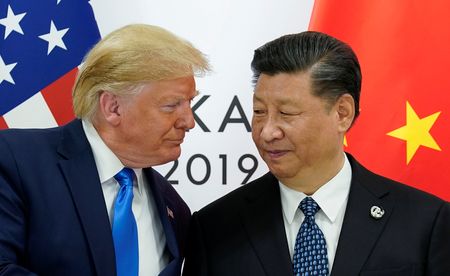By Trevor Hunnicutt and David Dolan
TOKYO (Reuters) -Long associated with American ruggedness, pickup trucks such as Ford’s top-selling F-150 have now become a symbol of international trade talks, showing how far countries such as Japan will go to win over U.S. President Donald Trump.
When Trump met Japan’s new prime minister and first female premier, Sanae Takaichi, in Tokyo on Tuesday, an F-150 was parked prominently outside the Akasaka Palace venue.
Burly U.S. pickup trucks are a rare sight in the Japanese capital, where the streets are narrow and turns can be painfully tight.
But the placement of the F-150, which is not typically available for sale in Japan, sent a clear message about Tokyo’s willingness to buy more cars from its ally, an issue that has been a sore point for Trump for decades.
Last week Reuters reported that Takaichi’s government was working on a package to buy F-150 trucks, an idea originally floated by Trump, as well as soybeans and gas.
“Well, that’s great. She has good taste,” Trump told reporters on Air Force One, when asked about the report. “That’s a hot truck.”
In August, Trump said Japan was ready to purchase the “very beautiful” F-150.
It was not clear how many F-150s Japan planned to buy.
Japanese government sources have told Reuters the trucks would probably end up being used as snow plows, given their size.
US CARS ARE TOO BIG FOR JAPAN
Japan and Europe, Trump has often complained, refuse to accept U.S. cars even as Japanese and European automakers sell millions of their vehicles each year in the United States.
But the reluctance to buy American has little to do with trade barriers. Both in Tokyo and London, many drivers see Detroit cars as simply too big and too costly to run.
The F-150 won’t be the first American car brought in to Japan to help ease trade friction. Three decades ago, Toyota responded to U.S. pressure by selling a mid-sized General Motors car under its own brand in Japan.
The Toyota Cavalier was introduced with much fanfare, sold poorly and quietly faded after a few years, said John Shook, a former Toyota manager and an auto industry veteran in both Japan and the United States.
Any attempt to sell the F-150 would likely go the same way, he said.
“Don’t expect to see the F-150s roaming the streets of Tokyo or hauling crops from the countryside. They are too big, too expensive, too gas-guzzling and simply a bad fit all around. Not to mention the steering wheel is on the wrong side.”
A third of the 3.7 million new cars sold in Japan last year were mini or “kei” cars, tiny vehicles that are not produced by American automakers.
Foreign cars accounted for 6% of new car sales overall, with European brands among some of the top sellers, industry data showed, while Ford itself pulled out of Japan almost a decade ago.
Separately Trump said Toyota would open auto plants in the United States to the tune of $10 billion.
A Toyota spokesperson was not immediately available to comment on Trump’s remarks.
(Reporting by Trevor Hunnicutt and David Dolan; Additional reporting by Maki Shiraki; Editing by Clarence Fernandez and Ros Russell)

